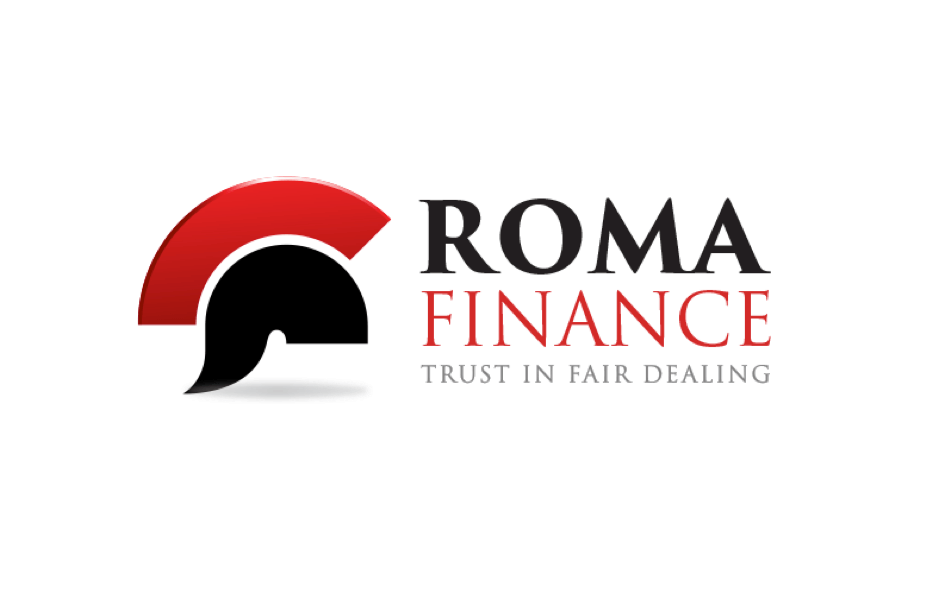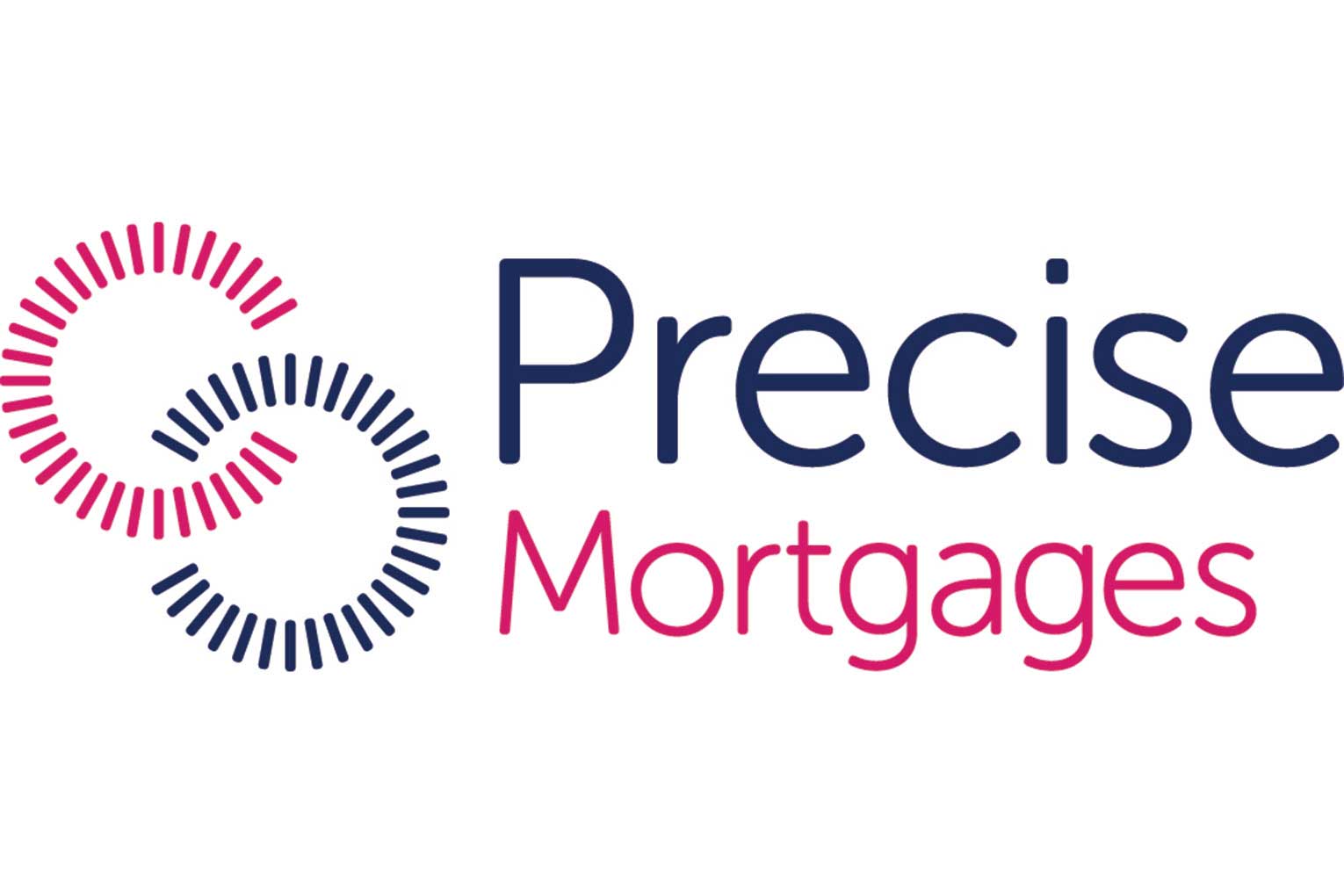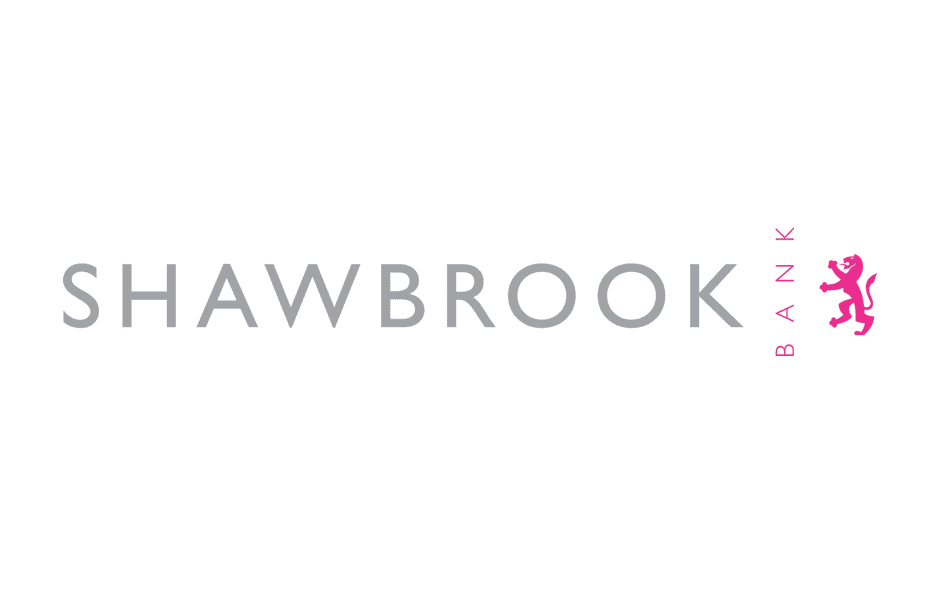90% LTV Bridging Loans
A 90% LTV bridging loan lets you borrow a substantial amount of the property's value you're looking to secure the loan with.
Most regulated bridging loan providers will only go up to 75%, however, it is still possible to get a 90% LTV provided you meet the lender’s eligibility criteria.
The higher a LTV percentage you take out, the more money you’ll be borrowing secured onto the property. This means that you’ll initially own less of the secured property outright, however you may need 90% LTV to make the purchase in the first place.
Apply for a Bridging Loan Below
Apply for a Bridging Loan Below
*UK Property Only | *Minimum Age 21
Key Features
- Borrow £50,000 – £25 million
- Loan Term: up to 24 months
- Loan-To-Value: up to 75% (regulated) and 80% (non-regulated)
- Rates from 0.44% per month
- All credit scores considered
What Is a 90% LTV Bridging Loan?
A 90% LTV (Loan-to-Value) bridging loan is a type of loan that offers 90% of the value of the property secured onto it.
Most regulated lenders are willing to lend bridging loans with an LTV of up to 70% – 75%, however this percentage can rise when opting for an unregulated lender, provided you meet any additional requirements to help secure a loan of this size.
With an unregulated bridging loan, the property used as security must be used solely for investment or business purposes, meaning it can’t be secured on a borrower’s residential home. If secured against the borrower’s personal home the bridging loan will have to be classed as regulated. Bridging loans are also unregulated when taken out by a business of company rather than a person.
Speak to Octagon Capital on 0333 414 1491 for bridging loans at a range of different LTVs.

Can I Take Out a 90% LTV Bridging Loan?
Yes, in certain circumstances you may be able to borrow a 90% LTV bridging loan. However, in order to convince a lender to loan you such a large percentage of the total property’s value, you may have to meet additional requirements.
For example, lenders offering such high LTVs may be more likely to approve your application if you add another valuable asset onto the loan as additional security.
The added security for this will typically be another property you own, however the lender might also consider other types of assets.
What’s the Eligibility Criteria for a 90% LTV Bridging Loan?
The standard eligibility criteria we hold for bridging loans include the following:
- Minimum borrowing amount £50,000
- Must be over 18
- Must have an exit strategy
- Available in the U.K.
- Adverse credit histories considered
The property will also be subject to valuation. Those with adverse credit histories may also still be eligible for a bridging loan, however they will need to further their chances of approval in other ways – for example, having a well thought out plan of action, a clear indication of the costs and a strong exit strategy.
Try Our 90% LTV Bridging Loan Calculator
By submitting this form I agree to being contacted by SPF Short Term Finance and I have read and accept the Terms and Conditions.
What Else Can Affect My Chances for a 90% LTV Bridging Loan?
Your chances of being approved for a 90% LTV bridging loan can also be affected by whether you have another asset to use as additional security on the loan. The following can also impact the LTV you could be offered by a lender:
- Your income
- The exit strategy
- Your affordability
- Details of the property
- The deposit you put down
- The amount you need to borrow
What LTV Can I Get With Octagon Capital?
With Octagon Capital, you could find bridging loans at 70% LTV, 80% LTV, 90% LTV or even 100% LTV.
The amount you’ll be eligible to borrow will depend on various different details of your application, including your income, your affordability, the value of the property and more.
Get in touch with us today to discuss your options. We’re available via call and email.
FAQs
No, Octagon Capital are not lenders. We are a London-based broker authorised by the FCA.
This means we don’t provide loans directly, but rather help connect prospective borrowers to loan options most suited to their needs.
Bridging loans are only suitable for certain circumstances. They can help to bridge a temporary financial gap for borrowers – for example, someone wanting to purchase a new house before the sale of their current property comes through.
Check out our bridging loans page to find out more on whether this is the right finance for you.
Repayments on a bridging loan can vary. You can pay back a bridging loan in standard monthly instalments, or roll up the repayments until the end of the loan term.
It’s important to discuss repayment options with your lenders and explore the options available to you.
Typically, you can borrow a regulated bridging loan for up to 12 months. The precise length of time you can borrow this type of loan will vary depending on the details of your application.
For unregulated bridging loans, the duration of the loan can go up to 24 months.
Yes, bridging loans are a type of secured loan, meaning borrowers will always have to provide an asset for security.
This asset will typically be the property the borrower is trying to raise money for.
Secured loans can come with some great benefits, enabling you to borrow more than other, unsecured types of lending, with bad credit considered. However, they also come with some hefty risks, including repossession of your secured asset. It’s important to ensure you understand any and all risks associated with a loan before taking it out.
THINK CAREFULLY BEFORE SECURING OTHER DEBTS AGAINST YOUR HOME. YOUR HOME MAY BE REPOSSESSED IF YOU DO NOT KEEP UP REPAYMENTS ON YOUR MORTGAGE.
A maximum fee of 1% of the loan amount is payable – for example on a mortgage of £100,000 the fee would be £1,000, the exact fee will be dependent on your circumstances. For Bridging Finance where the net loan amount is £150,000 or below, the maximum fee charged is £1,995.
SPF Short Term Finance is a trading style of SPF Private Clients Limited which is authorised and regulated by the Financial Conduct Authority (FCA).





